Why men and boys are needed for women’s empowerment
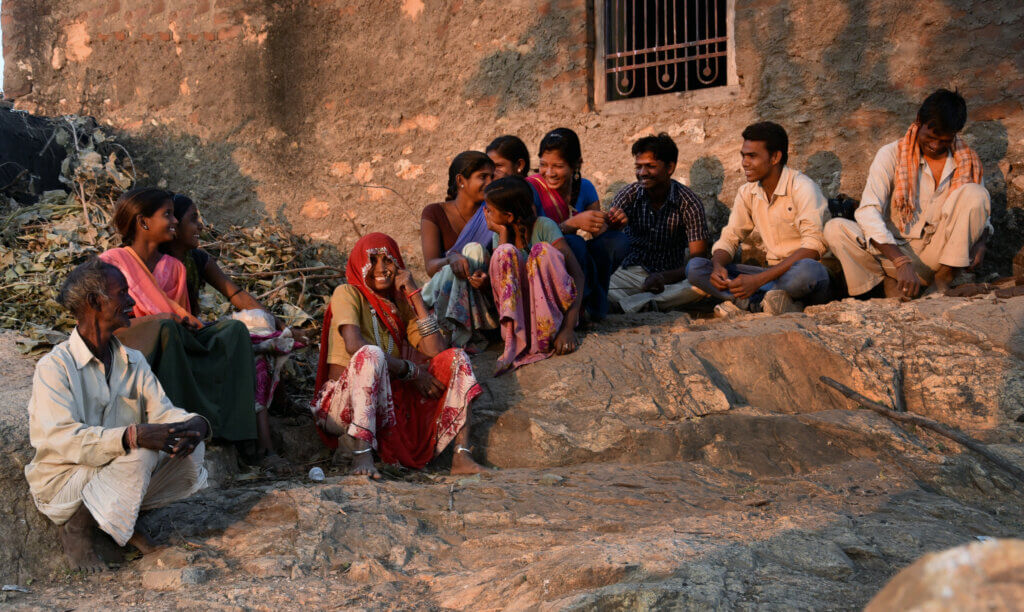
As the United Nations sexual and reproductive health and rights agency, UNFPA works to empower every woman and girl to reach her fullest potential. Alongside becoming allies in women’s empowerment efforts, men and boys also benefit greatly from standing up for reproductive rights.
We work to put an end to violence against women and girls — such as child marriage and female genital mutilation. Ensuring the well-being of women and girls ensures the stability and success of society at large.
This makes the allyship of men and boys critical in the endeavor toward women’s empowerment.
In many countries, men and boys have more power in government and business. As a result, it is important for men to be aware of the privileges they hold in society and how to leverage them to uplift the voices of women and girls. For instance, according to the World Bank, as of 2021, women make up only 26% of national parliaments around the world. In the U.S., 8.8% of Fortune 500 CEOs are women.
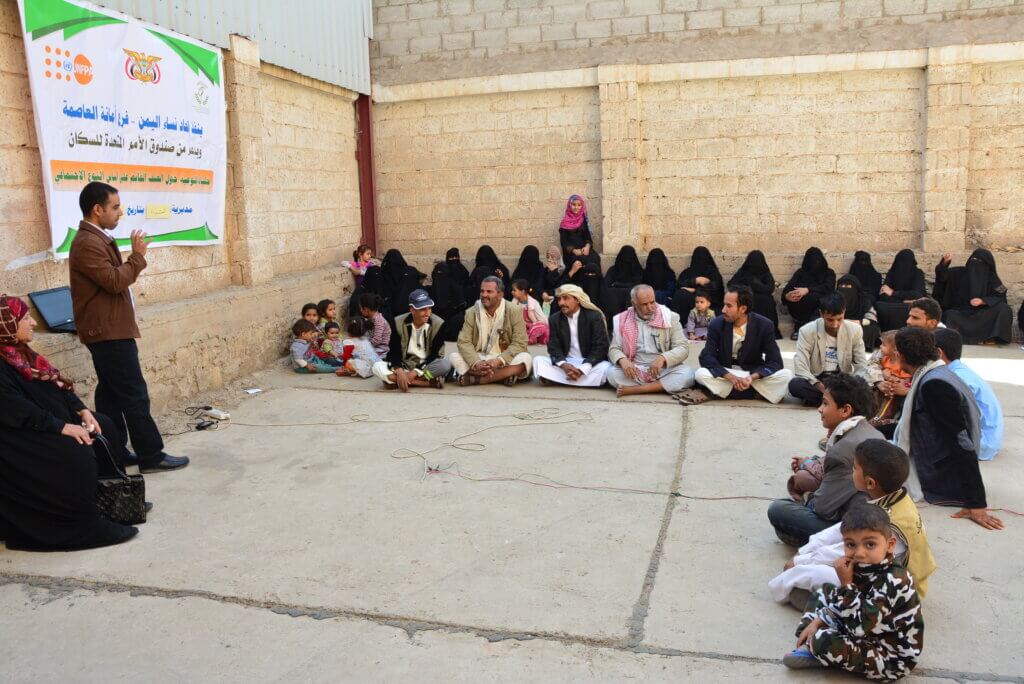
Why men are important for family planning
Cisgender straight men and boys tend to hold more autonomy and access to sexual health information and resources than women. Cisgender refers to those whose gender aligns with their sex assigned at birth. They are more likely to have access to education and career opportunities, generating their own sources of income and becoming self-sufficient.
Unlike women, men do not face the same risk of experiencing unintended pregnancies. Teen mothers are more likely to be ostracized by families and communities. Oftentimes, they are not able to finish school.
Complications during pregnancy and childbirth are the leading cause of death for teen girls. (Girls make up 1 in 4 cases of obstetric fistula — a condition in which the birth canal tears, causing a person to leak urine and feces.)
Understanding their privilege helps young men cultivate safe, healthy romantic and sexual relationships/partnerships and encourages them to center the needs of their partners.
UNFPA works to provide girls with access to sexual health education and family planning supplies.
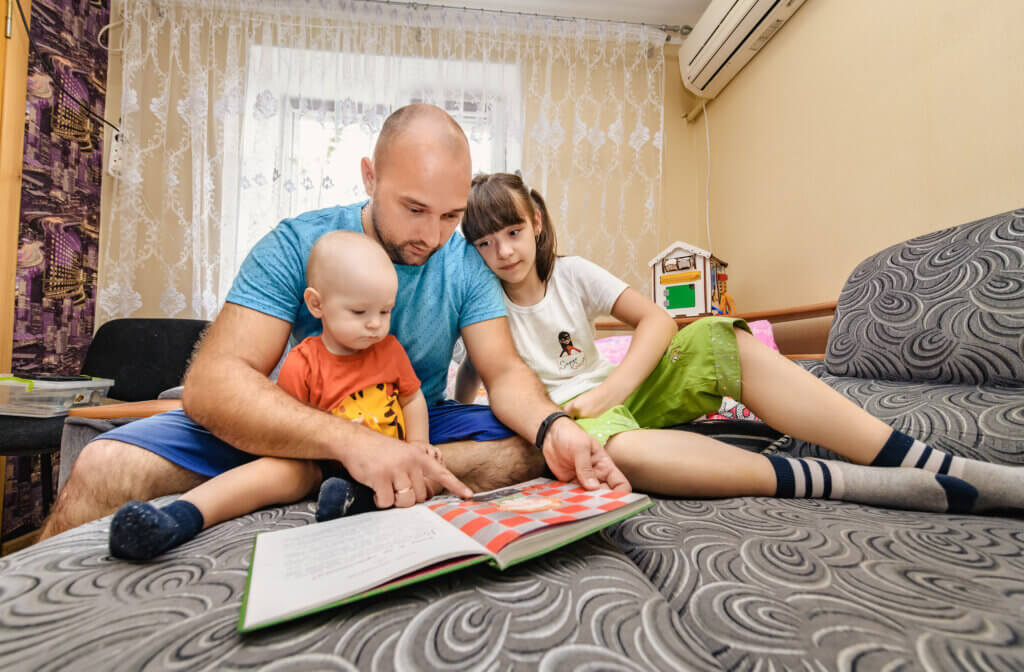
Men can create deeper emotional connections with their children
At Father Schools in Eastern Europe, men learn how to share in caretaking responsibility with their partners. The schools are a part of UNFPA’s larger initiative to reach gender equality. Men are educated on the caretaking methods, learning the importance of supporting their partners and children from pregnancy through parenthood.
UNFPA also works to expand the right of paternity leave in some countries so that fathers have the ability to be more present in their children’s lives. The Demographic Resilience Program in Moldova helps expand family policy across the nation, including in the workplace. One goal of the program is to get men to take paternity leave and care for their children. This encourages men to view fatherhood as just as valuable (and as much of a time commitment) as any other profession.
Adrian’s experience stepping up as a dad
Moldova Parliament member Adrian Băluțel shared with UNFPA how his perspective on fatherhood changed after having his son.
“Before becoming a father, I was a free spirit and I had quite a full social agenda,” he said. “Now, however, almost everything is limited to job duties and coming home before bath time. I want to be with him in the most important moments of his life, and this means that I have to take part in my baby’s daily care routine.”
Băluțel said that men’s lack of involvement in childcare may also come from the assumption or sense of obligation that their main job is to provide financial support.
“Many men are probably still reluctant to apply for paternity leave due to the stereotype that men have to ensure the economic security of the family,” he said. “But times change, and both women and men are responsible for the family that they created together.”
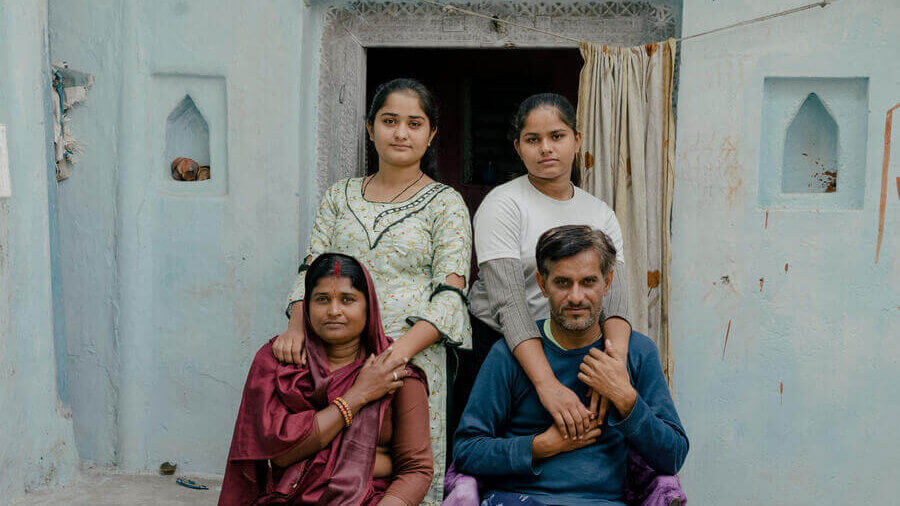
Breaking generational cycles
Involving men and boys as allies in women’s empowerment means getting one step closer to gender equality. This has been true in Malawi, where Patete, a male village leader has been advocating for gender equality in his community.
Almost 50% of girls in Malawi are married by the time they turn 18. Additionally, 30% of girls in Malawi become teenage mothers.
Educating men can also stop cycles of violent acts against women that may result in serious injury or death. Girls in child marriages are more susceptible to intimate partner violence. Patete has participated in a UNFPA and EU-led training that challenges acts of gender-based violence.
“This training has given me a much broader outlook on these challenges. It has reinforced my view that we are abusing women,” he explained.
The training was provided through the Spotlight Initiative, which also prepares community members to be mentors who empower young girls.
By educating men on the importance of childcare and empowering them to step into this role, women are able to rejoin the workforce and girls are able to continue their education.
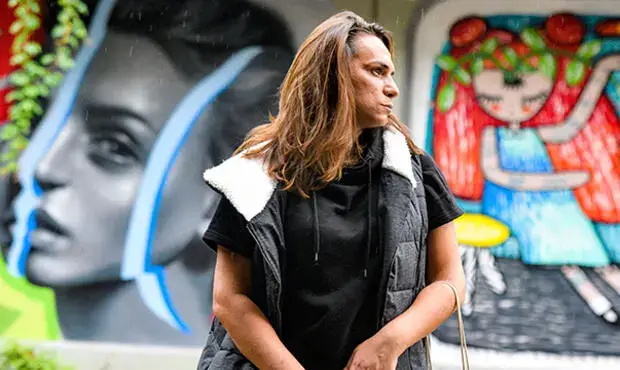
Beyond men and boys — Across the gender spectrum
Men and boys don’t only benefit as allies in women’s empowerment efforts. UNFPA supports the protection and education of people across the gender spectrum. For instance, UNFPA has worked to defend the sexual and reproductive health rights of Bangladesh’s gender-diverse community.
The programs provide trans people with access to HIV and STI testing, contraceptives and counseling among other resources.
We also care for LGBTQ+ individuals. UNFPA has supported inclusive sexuality education and safe spaces for LGBTQ+ youth in Laos.
Destigmatizing conversations around gender equality, family planning and violence against women among other issues benefit people across the gender spectrum.
Read more about UNFPA’s work to realize sexual and reproductive health rights for all.
-Nijha Young